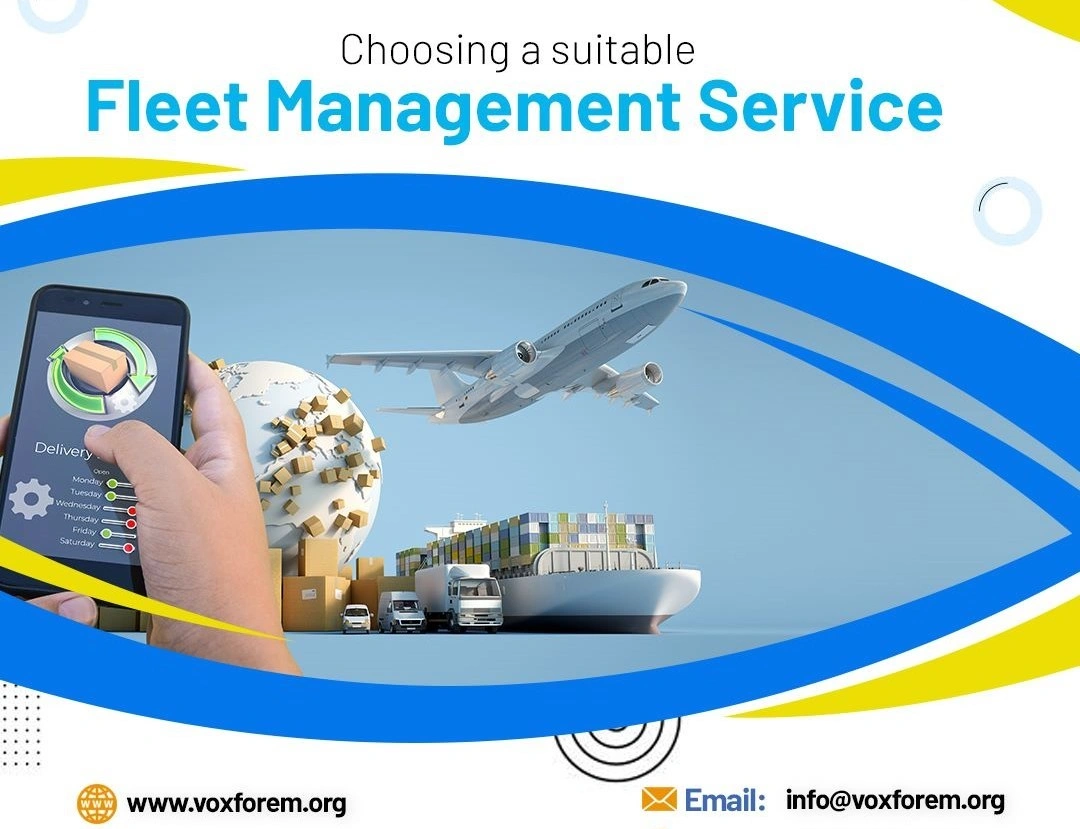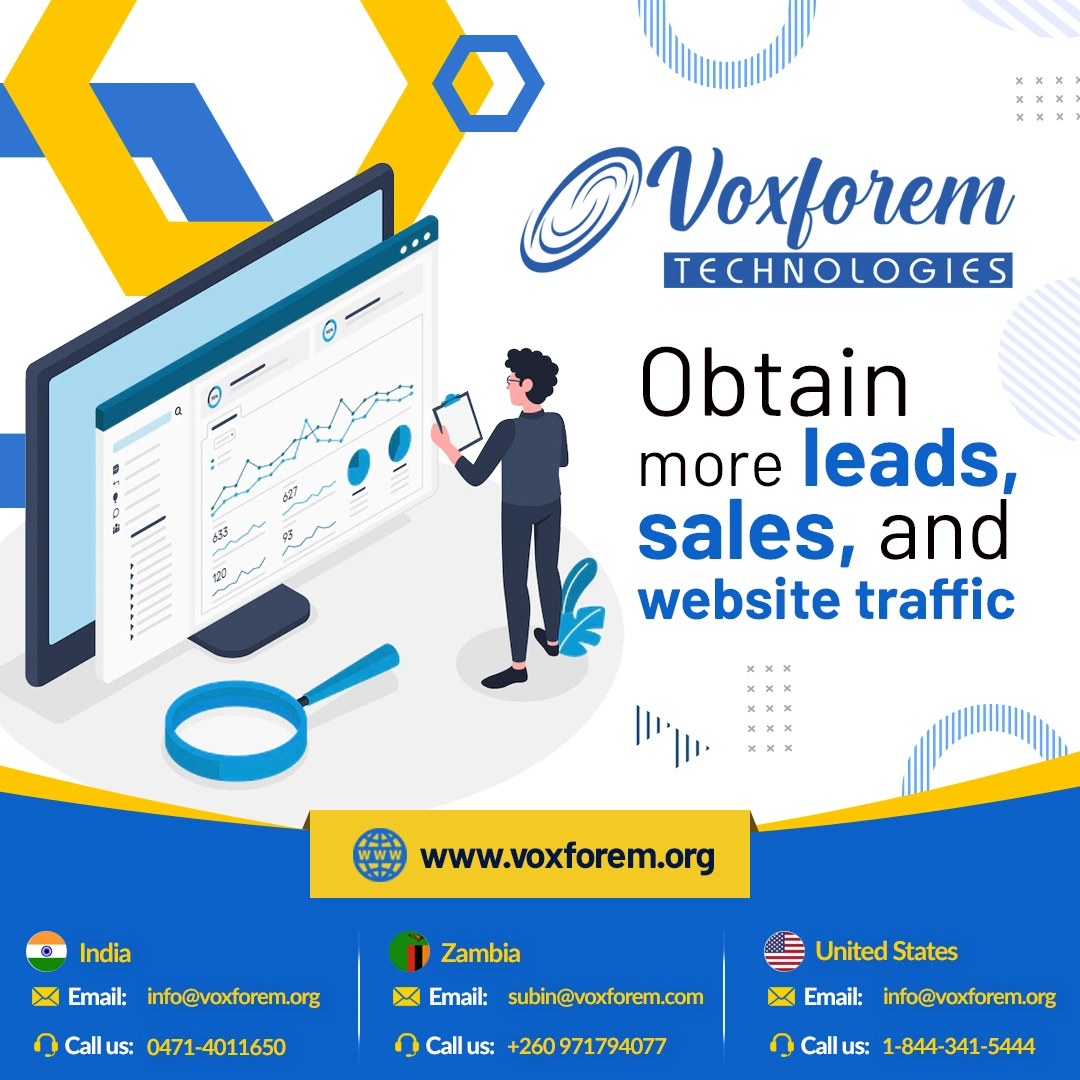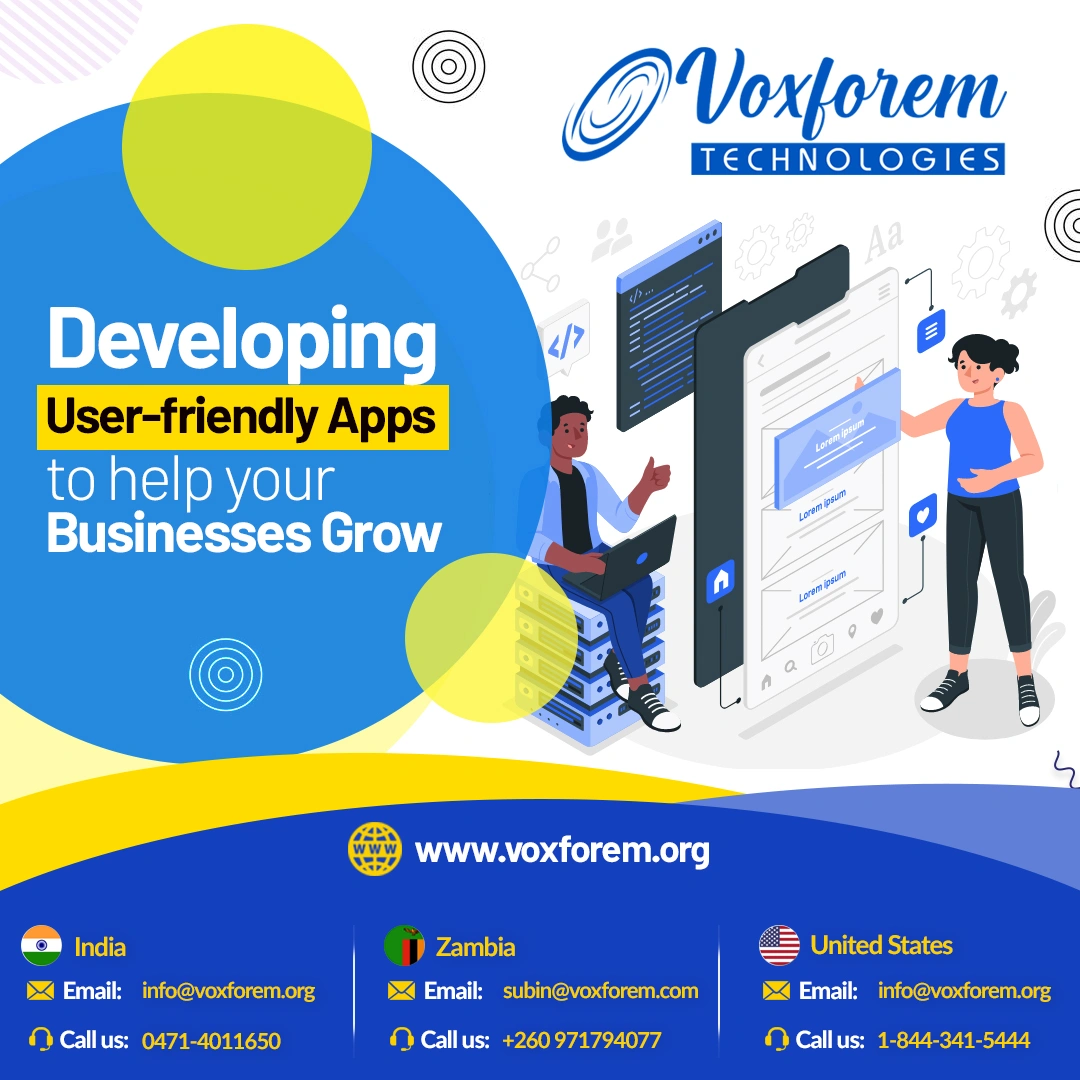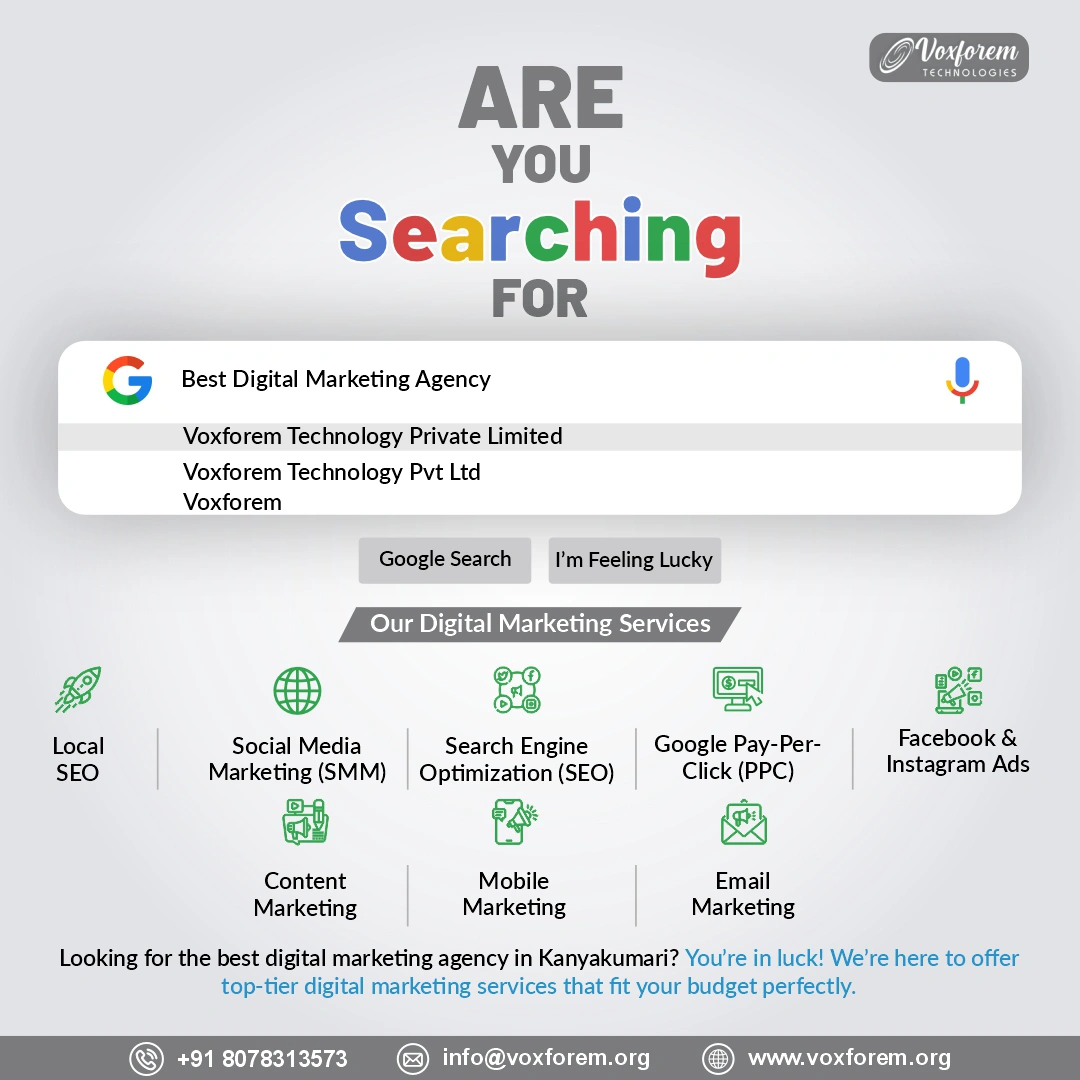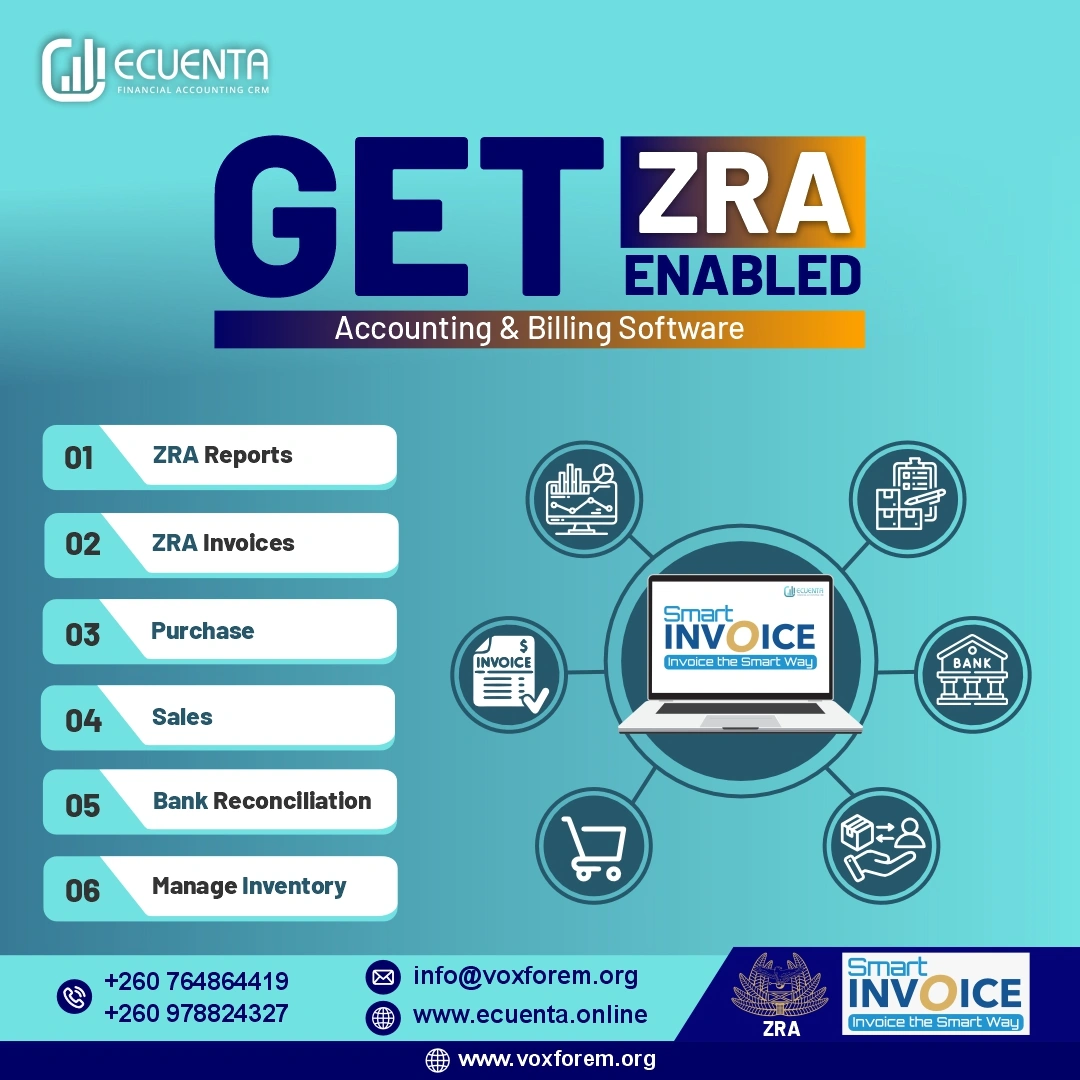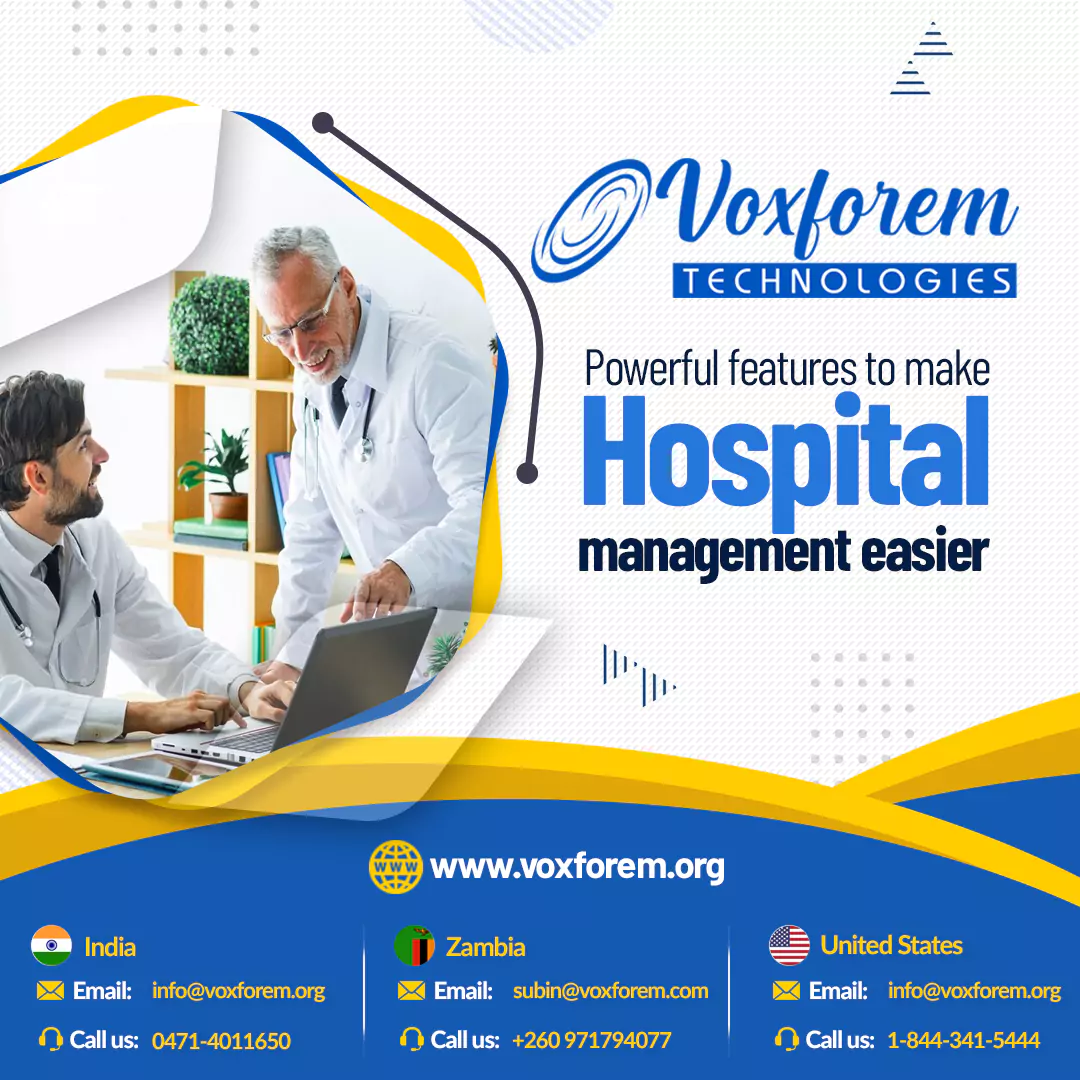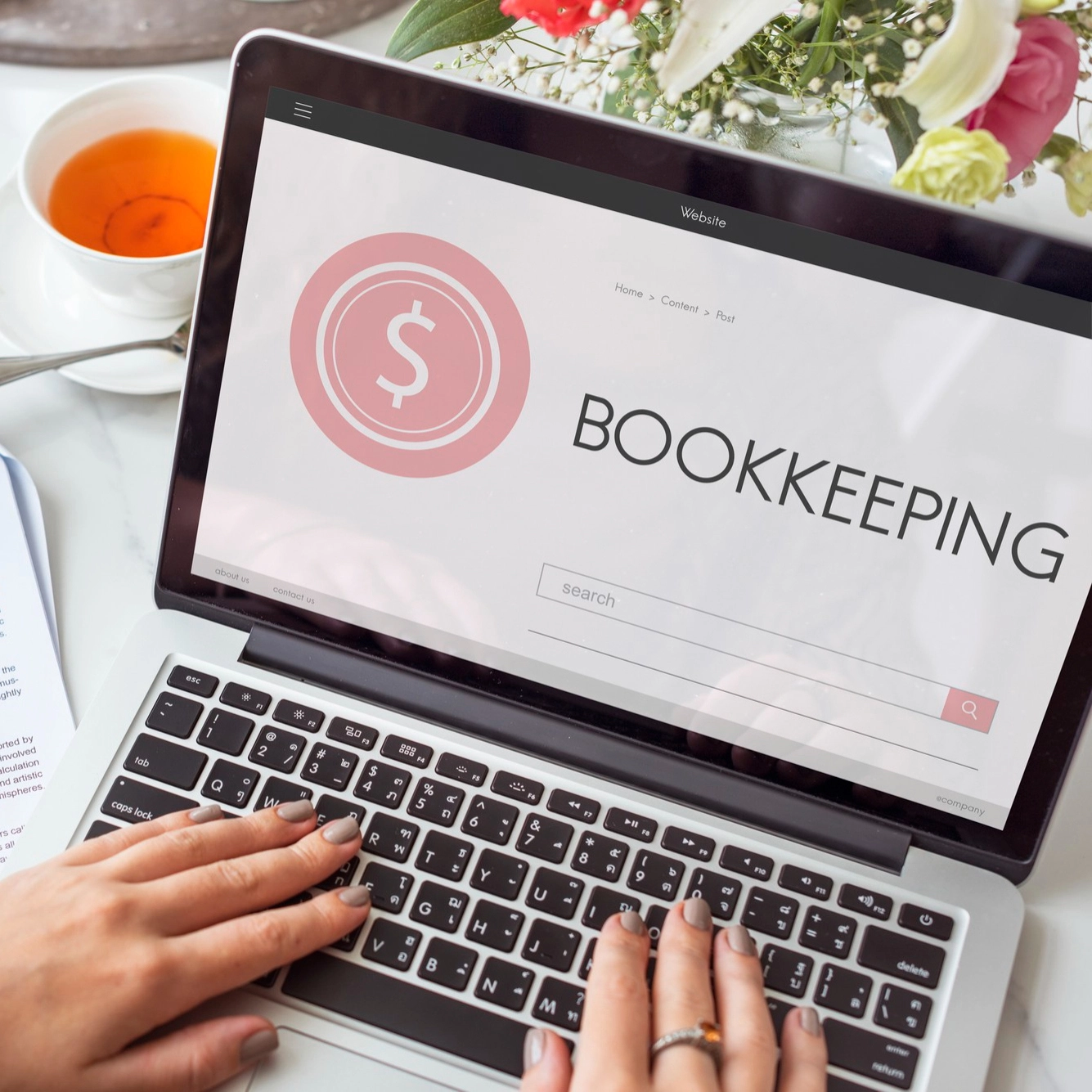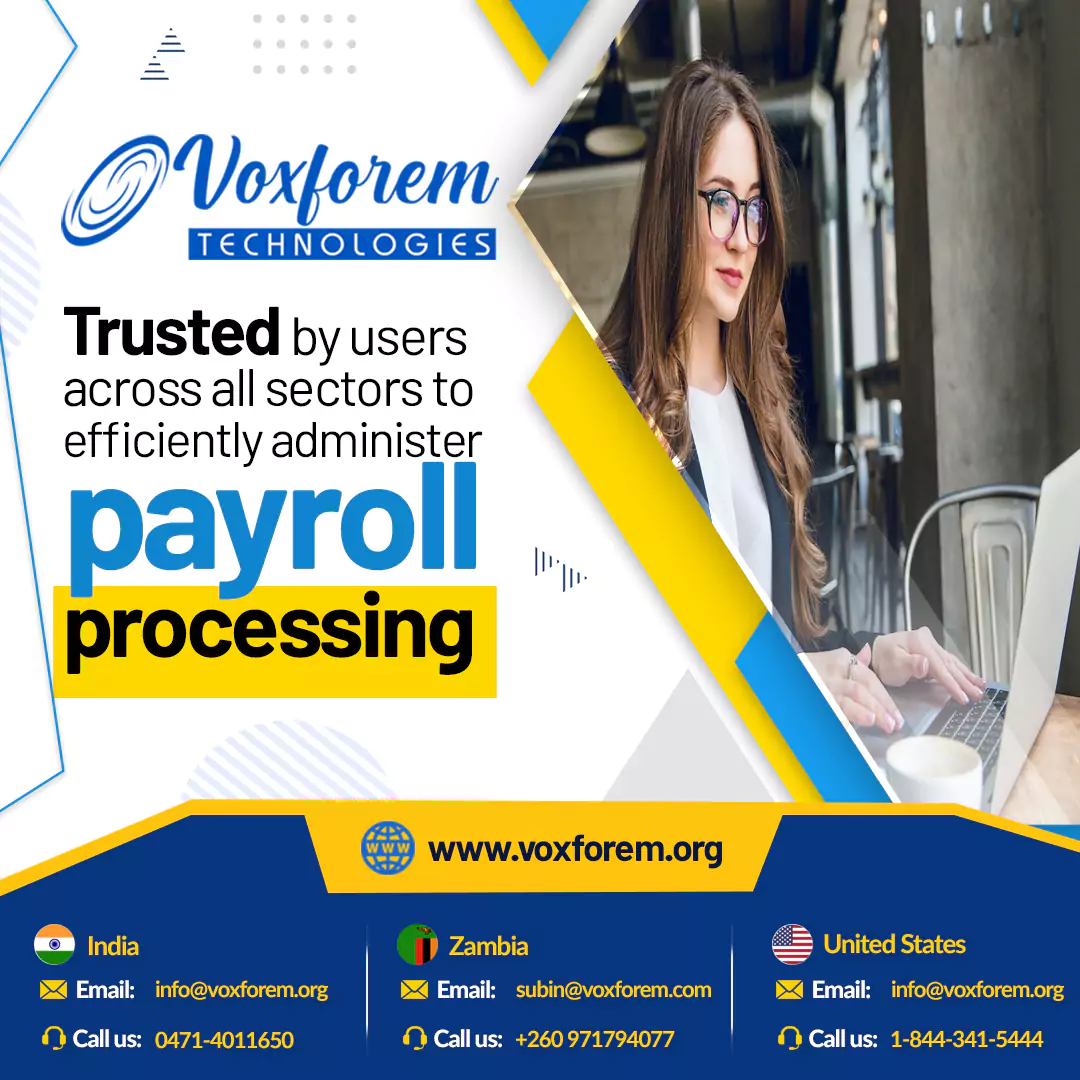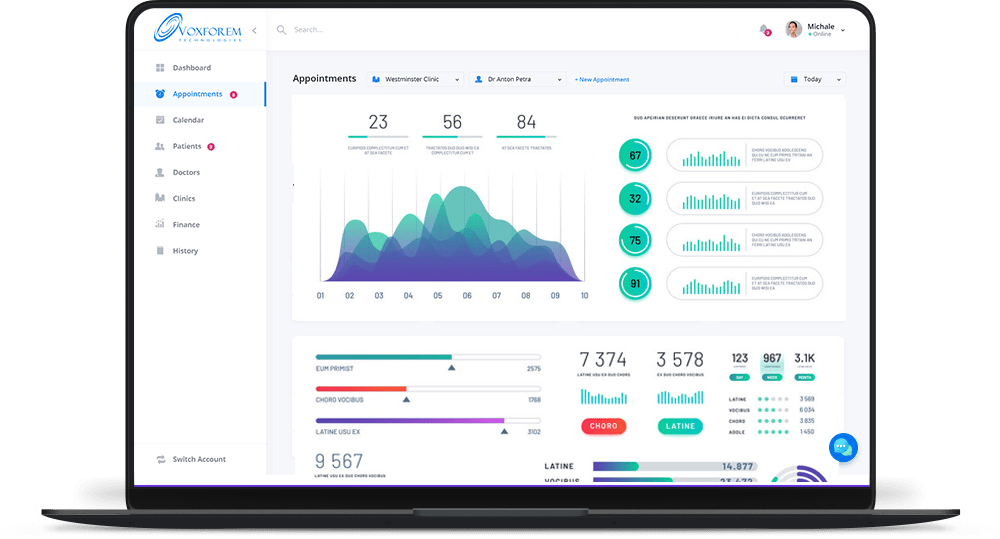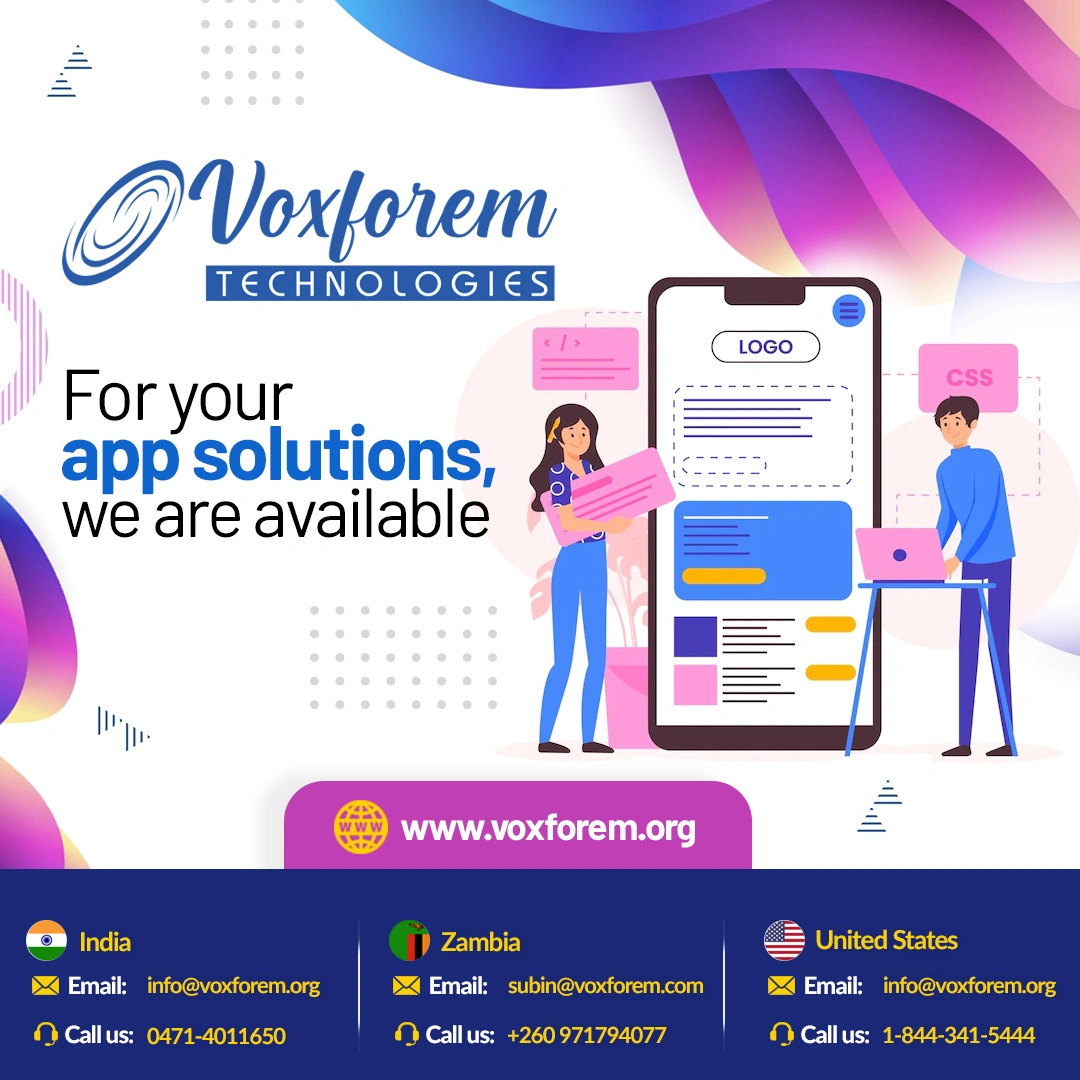
Revamp Your Retail Strategy in Zambia with Scalable Mobile Apps for Customer Engagement
This article explores how scalable mobile apps are transforming the retail industry in Zambia. Whether you're running a boutique in Lusaka or managing a large retail chain, this guide will show you how mobile technology can boost customer engagement, increase satisfaction, and ultimately drive more sales.
Why Your Retail Business Needs a Scalable Mobile App
Today’s Zambian customers shop on their phones, expect instant service, and want a seamless experience—online, in-app, or in-store. A scalable mobile app allows your business to:
- Engage customers in real-time
- Offer personalized shopping experiences
- Handle high traffic during peak periods
- Boost brand loyalty through rewards and instant support
And the best part? Whether you build an Android, iOS, or cross-platform app, a scalable solution grows with your business—no need to rebuild as you expand.
Top Benefits of Scalable Retail Apps for Zambian Businesses
1. Personalized Shopping Experiences
AI-powered apps analyze customer behavior and purchase history to deliver tailored product recommendations. This creates a personalized shopping journey that increases conversions and builds customer trust.
2. Frictionless Checkout & Navigation
Smooth browsing, auto-filled forms, one-click payments, and responsive design make shopping fast and easy. This reduces cart abandonment—a major challenge for Zambian eCommerce stores.
3. Omnichannel Engagement
Scalable apps connect all your channels—website, mobile app, and physical store—so customers can start shopping on one platform and finish on another. This ensures a consistent brand experience.
4. Loyalty Programs & Rewards
Incentivize repeat purchases with points, digital coupons, and exclusive member offers. You can use React Native or Flutter to integrate loyalty programs and dynamic offers in real-time.
5. Real-Time Communication
Push notifications, live chat, and AI chatbots allow you to connect instantly with customers. Notify them about sales, restocks, or order updates—all within the app.
Must-Have Features for Retail Apps in Zambia
When choosing mobile app development services for your retail business, prioritize engagement-driven features that enhance the user experience and simplify sales:
✔ Smart Product Search
Let customers find items quickly, AI-powered search, filters, and voice commands.
✔ Multiple Secure Payment Options
Support mobile money (Airtel Money, MTN MoMo), cards, and Buy Now Pay Later (BNPL) solutions—essential for the Zambian market.
✔ Order Tracking & Delivery Updates
Offer real-time delivery tracking with instant SMS or in-app updates to build trust.
✔ Social Shopping & Reviews
Allow users to share purchases, write reviews, and follow your store’s updates on social media platforms like Facebook and Instagram.
✔ AR-Based Virtual Try-Ons (Optional for Larger Stores)
Let customers “try” clothes or furniture before buying—perfect for fashion and home goods retailers.
How Mobile Apps Are Helping Retailers in Zambia
Small Retailers & Boutiques
Independent shops in places like Ndola or Kitwe can use custom apps to:
- Launch digital storefronts
- Run local promotions
- Offer in-app referral rewards
- Build loyal customer communities through social integration
Large Retail Chains
Bigger retail brands can benefit from:
- Integration with ERP, POS, and inventory systems
- Advanced analytics for customer behavior
- AI-powered personalization and real-time stock updates
- Click-and-collect and location-based offers
E-Commerce-Only Stores
For digital-only shops:
- Focus on app speed and smooth checkout
- Automate push notifications for abandoned carts
- Integrate local delivery and mobile payments
- Offer 24/7 AI customer service support
Real-World Success Stories
- Lusaka-based fashion brand saw a 40% increase in repeat purchases after launching a mobile app with loyalty rewards and push notifications.
- A mobile-first grocery startup now serves over 5,000 active users across Lusaka and Kabwe, using in-app order tracking and real-time promotions to retain customers.
- Built with a cross-platform solution, eCommerce brand scaled its app across multiple cities with minimal downtime, adapting during festive rushes.
What Technologies Power Scalable Retail Apps?
To develop a high-performance app tailored to Zambian consumers, developers often use:
- React Native / Flutter for cross-platform development
- Firebase / AWS for real-time notifications and backend support
- AI & ML for personalization
- Augmented Reality (AR) for immersive shopping
- Mobile Wallet APIs for local payments (e.g., MTN MoMo, Zoona, Airtel Money)
Choosing the Right Development Partner in Zambia
If you’re looking to develop a scalable retail mobile app, work with a company that:
- Understands Zambian consumer behavior
- Offers UI/UX tailored for mobile-first shoppers
- Provides post-launch support and updates
- Has experience in integrating local payment gateways and logistics APIs
A professional app development partner will help you launch faster, scale easier, and drive more customer engagement from day one.
FAQs
What is a scalable retail mobile app?
A scalable app is designed to handle increasing users, traffic, and features without performance issues—ideal for growing businesses.
How do scalable apps increase customer engagement?
Through personalization, real-time support, loyalty rewards, and seamless omnichannel shopping experiences.
What features should I include in a retail app?
Smart search, multiple payment options, order tracking, live chat, push notifications, and loyalty programs.
What technology stack is used for mobile retail apps?
Typically: React Native, Flutter, Firebase, REST APIs, AI/ML engines, and payment integrations like MTN MoMo and Airtel Money.
How much does it cost to build a retail app in Zambia?
Costs vary. A basic app may start around ZMW 25,000–50,000. Advanced features like AR or AI can increase the budget. Always request a detailed quote.
Conclusion
Zambia’s retail landscape is evolving fast—and your business must keep up. Scalable mobile apps are your ticket to higher engagement, happier customers, and more sales.
Ready to transform your retail strategy? Start by choose us the right mobile app developer and building a feature-rich, scalable solution tailored to your business needs.


